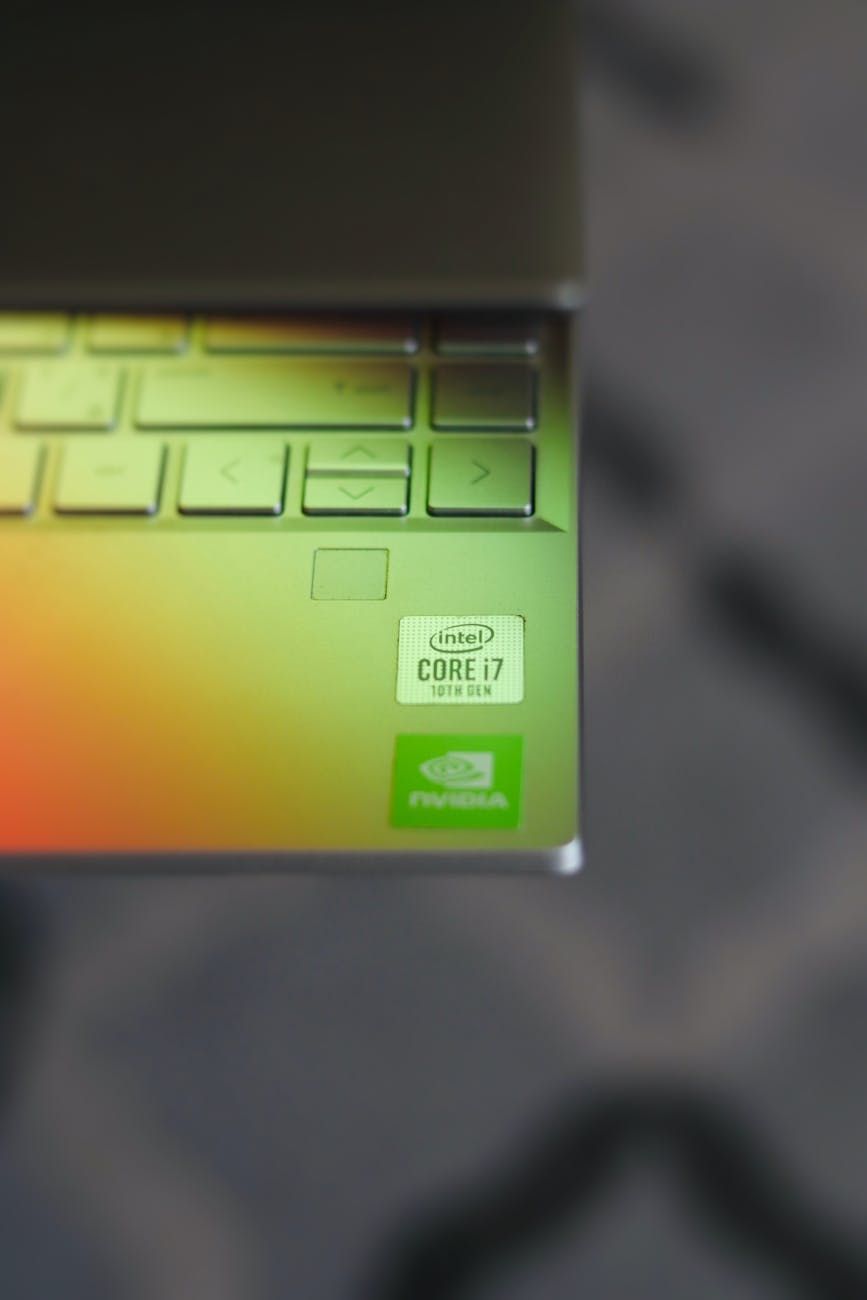
ARM Laptops: Are They Ready to Replace Traditional PCs?
hardwareThe landscape of personal computing has been evolving rapidly over the past few years, with the emergence of ARM processors and ARM-based laptops shaking up the traditional PC market. These devices offer a new paradigm in terms of energy efficiency, performance, software compatibility, mobility, battery life, and autonomy. The question on many minds is: Are ARM laptops ready to replace traditional PCs?

ARM processors, originally developed for mobile devices, have made significant strides in performance and power efficiency, making them attractive for use in laptops. One of the key advantages of ARM-based laptops is their energy efficiency, which translates to longer battery life and lower power consumption compared to traditional x86-based PCs.
When it comes to performance, ARM processors have come a long way and are now capable of handling most everyday computing tasks with ease. While they may still lag behind high-end Intel and AMD processors in raw computing power, for most users, the difference in performance is negligible in day-to-day use.
Software compatibility has historically been a concern for ARM-based devices, as many applications are optimized for x86 architecture. However, with the rise of ARM-based laptops, software developers have been working to ensure that their applications are compatible with ARM processors, mitigating this issue to a large extent.
One of the key advantages of ARM-based laptops is their mobility. These devices are typically lighter and more compact than traditional PCs, making them ideal for users who are constantly on the go. The combination of portability and long battery life makes ARM laptops a compelling choice for those who value mobility and autonomy.
Price is another factor to consider when comparing ARM laptops to traditional PCs. While high-end ARM-based laptops can be on par with premium x86 devices in terms of price, there is a wide range of ARM laptops available across different price segments, making them accessible to a broader range of users.
Looking ahead, the future of computing seems to be shifting towards ARM-based devices. With their focus on energy efficiency, performance, and mobility, ARM laptops are well-positioned to replace traditional PCs for many users. As software compatibility improves and the performance gap narrows, ARM laptops are likely to become even more prevalent in the market.
In conclusion, ARM laptops have made significant strides in recent years and are now a viable alternative to traditional PCs for many users. With their emphasis on energy efficiency, performance, mobility, and affordability, ARM-based laptops offer a compelling option for those looking for a modern computing experience. While they may not completely replace traditional PCs in the near term, the future certainly looks bright for ARM-based devices in the world of personal computing.

Relevant posts

hardware
The Secret Weapon of Gamers and Developers — Which Component Really Makes the Difference?
As the gaming industry continues to grow rapidly, gamers and developers alike are constantly looking to enhance their gaming experience and optimise game development processes. One crucial aspect that plays a significant role in determining the overall performance of a gaming PC is its hardware components. Among the various components that make up a gaming PC, two stand out as the cornerstone of its performance — the processor and the graphics card.When it comes to gaming, the processor is oft...

hardware
This Motherboard Crushes the Benchmarks — Here's Why You Should Grab It Right Now
When it comes to choosing the right motherboard for your computer build, performance, stability, and innovation are key factors to consider. The motherboard plays a crucial role in determining the overall efficiency and speed of your system. If you are looking for a motherboard that crushes benchmarks and offers top-notch performance, look no further. This motherboard is a game-changer in the world of technology and hardware, and here's why you should grab it right now. One of the standout feat...

hardware
This Hardware Works Faster Than You Can Blink — Tested and Proven!
In the fast-paced world of technology, the demand for high-performance hardware is ever-growing. Whether you're a casual user looking to enhance your gaming experience or a professional aiming to boost productivity, speed and efficiency are key factors to consider when upgrading your hardware. With advancements in processing capabilities and innovations in technology, it's essential to choose hardware that can keep up with your demands.When it comes to hardware that works faster than you can bli...

hardware
Breakthroughs in Hardware: What to Expect from the Next Generation of Devices
As we approach 2025, the world of hardware technology is poised for some groundbreaking breakthroughs that will redefine the capabilities of devices we use in our daily lives. From smartphones to laptops, and from wearables to smart home gadgets, the next generation of devices is set to revolutionise the way we interact with technology. Let's delve into what we can expect from the future of hardware innovation. The Rise of AI-powered Devices With advancements in a...